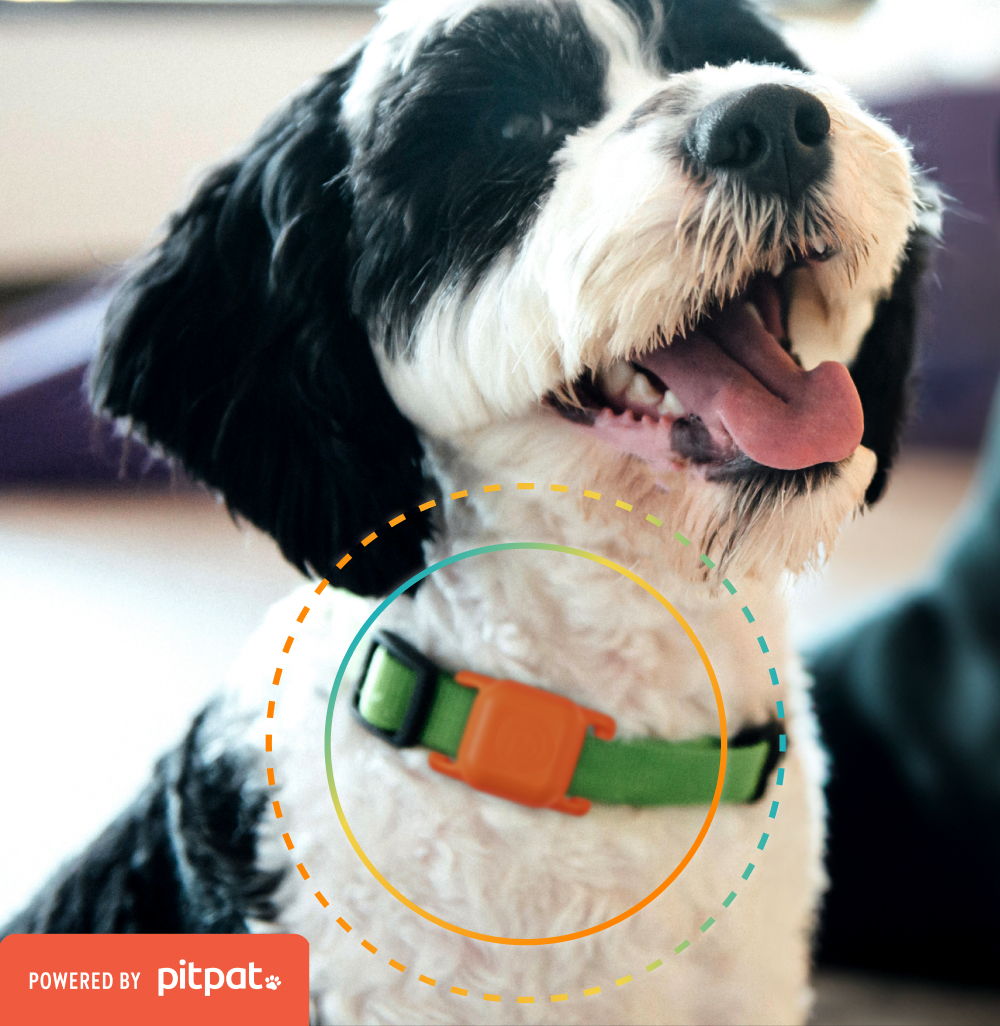Tips to Help Your Dog with Jet Lag

With summer fast approaching and school about to let out, vacation planning is in full swing. Are you a pet parent who’s planning to take your dog with you on a trip? If so, be aware of the possibility of doggie jet lag. If you suffer from jet lag, chances are your furry friend will, too. Although your pup may nap often, their daily routine is still based on a circadian rhythm. Their sleep patterns are influenced by daytime and nighttime, and their eating schedule is influenced by the time of day, too. Any disruption to that routine may result in a grumpy or overly tired pup.
Unfortunately, there is no cure for jet lag. However, pet parents can take preventative measures to lessen its impact. Here are some tips to help you and your pup deal with jet lag:
Adjust Their Routine
Before you leave, progressively adjust your pup’s routine to the time zone of where you’re travelling. This includes adjusting feeding and nap times. It’s best if these moderate changes are gradual. Try feeding your dog 30 minutes before or after their regular eating time. If you can, adjust your dog’s routine days or even weeks in advance of your trip. Once they get used to the new schedule, they will have an easier time during your vacation.
Keep Them Comfortable During the Trip
It’s best to feed your pup at least two hours before you leave, so that they’re not travelling on a full stomach. Give them plenty of exercise in the hours before your trip to tire them out. Whether you’re travelling by plane or car, be sure to give them a favorite toy or familiar piece of bedding to decrease their stress levels. Provide them with food and water in a non-spill container so that they remain hydrated during the journey.
Monitor Them Upon Arrival
Depending on how long the journey is, your pup may arrive with sore and tight muscles, headaches, fatigue and dehydration. Avoid giving them a large meal or too much water, as you don’t want to upset the already delicate state of their stomach. Give them a light meal instead, and don’t let them drink more than what is normal for them.
Introduce Them to Your Destination
Try to stick to you pup’s usual routine as much as possible and surround their new space with a few items from home to prevent homesickness. Purchase your dog’s regular brand of food (or bring some from home) to avoid any digestion issues that may arise from an unfamiliar diet. Take the time to re-potty train your dog and introduce them to their new potty area.
Recognize the Signs
Recognizing the signs of jet lag is the first step to alleviating it! After you arrive at your destination, you may notice your dog experiencing more accidents than usual, showing signs of separation anxiety or getting hungry at unusual times. If your dog is waking you up at random hours of the night expecting a tasty meal, it’s likely a sign of jet lag. It should not last more than a day or two. If they appear disoriented or lethargic for a longer period, consider taking them to a vet.
Reconsider Your Dog’s Travel Plans
If your dog frequently experiences jetlag when you travel, consider making alternate arrangements for them, like treating them to their own vacation at Dogtopia! They will enjoy fun-filled days of exercise and socialization and restful nights with our boarding services. Contact your local Dogtopia to learn more.












